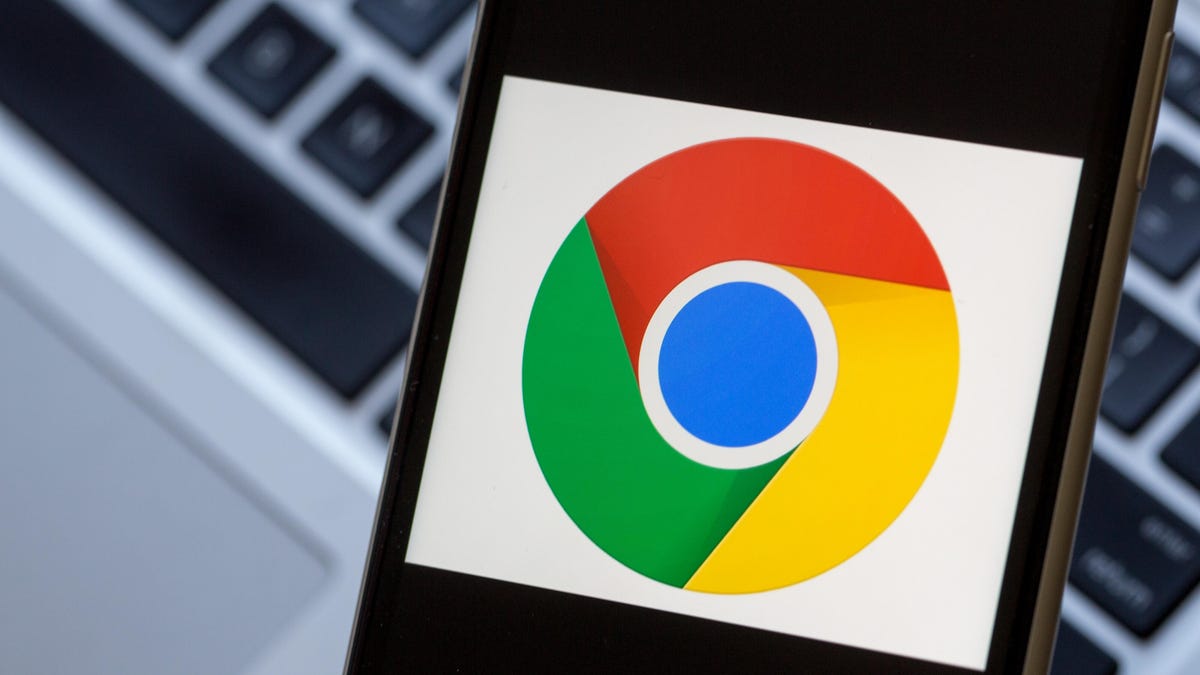A DRIVER was slammed with a $3,000 bill after renting a rental car despite returning it without a scratch.
Glenn Roberts from Texas had arranged to hire the vehicle through the National Car Rental for a lengthy period of 40 days.
3

3
Due to the length of the lease, National split it into two orders, charging $1,212 for the first part and $423 for the second – all of which was as it should be, Roberts told Nola News.
However, two months after the driver returned the rental car “without incident”, he was hit with another payment of $1,357.
Despite trying to contact Enterprise, National’s parent company, Roberts said his efforts were fruitless calling the local branch “completely unresponsive” despite admitting fault.
“I contacted Enterprise, which owns National, and it agrees that I was overcharged,” he explained.
“But the local branch in Austin has been completely unresponsive and unhelpful in resolving this.”
According to the local news outlet, Roberts was eventually refunded the $1,357 after his file was reviewed.
Roberts’ car lease was split into two separate transactions because National’s website reportedly does not accept any hires extending past 30 days.
It is likely that the system then recognised both ‘orders’ and connected them, later charging the card on file for a possible price differential, according to consumer expert Christopher Elliott.
While there is nothing different Robert’s could have done to stop being overcharged, there are two rules drivers should always follow when hiring a rental vehicle.
The first is to not have split reservations, which in this case, hugely over-complicated the situation which in turn caused the financial mistake.
And secondly, always keep a paper trail of any and all communications regarding the hire agreement, both with the initial contract and any follow up interactions.
“It’s always tempting to call the company to get things sorted out,” Elliott explained.
“But then, there’s no evidence that you tried to resolve this, or even that the company was trying to help. And that can really complicate things.”
The paper trail was a huge reason why Roberts could so easily get his money back.
He had written statements from Enterprise acknowledging the incorrect charge which then will have been passed on to the local branch in Austin who could carry out the refund.
As a bonus tip, it is also advisable to ensure companies have to ask your permission before adding a charge to a credit card.
This way there will be no nasty surprises.
The U.S. Sun has contacted National for comment.
Elsewhere, drivers have been banned from parking at their own job and forced to take a 30-minute shuttle thanks to a new law coming into effect on June 1.
It comes as a major employer decided to “prioritize access” for different groups, at the expense of workers.
Impacted drivers have reacted with shock at the news with one thinking it was some kind of joke.

3










